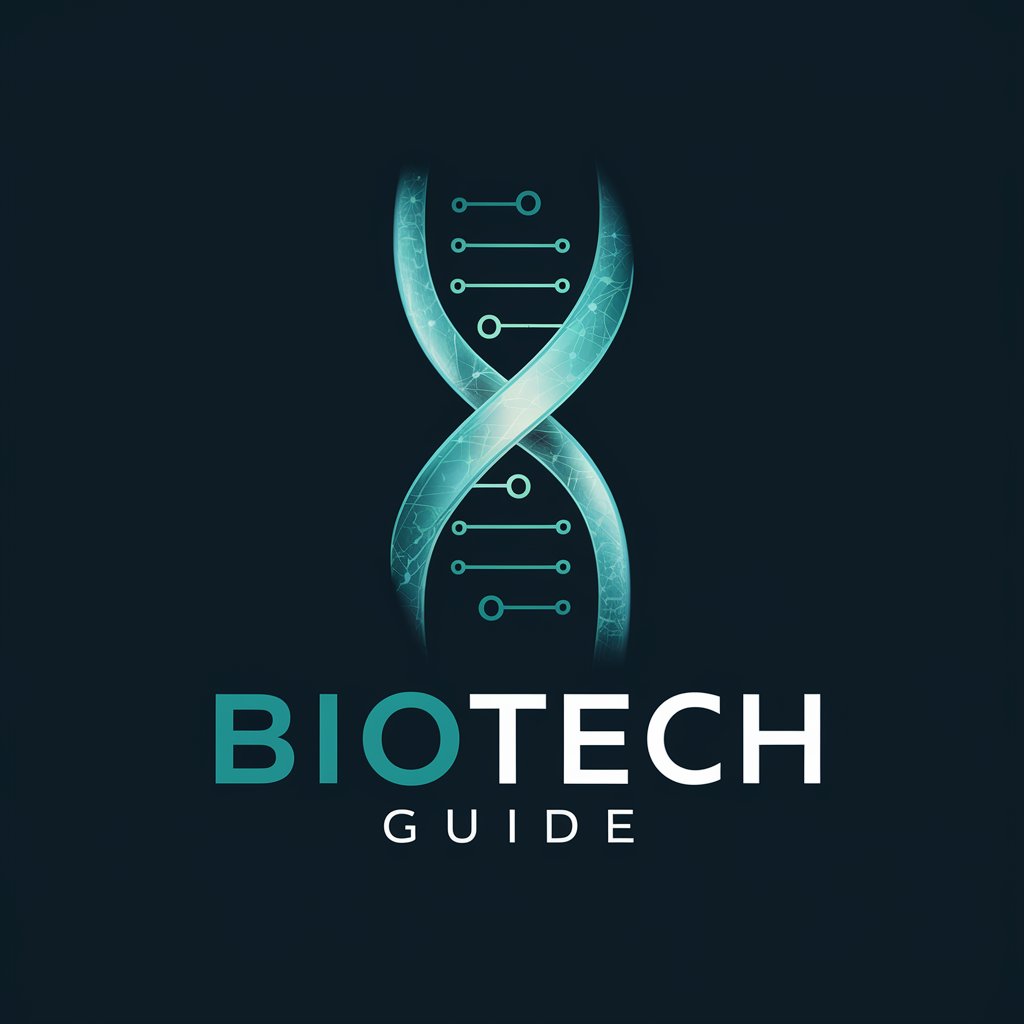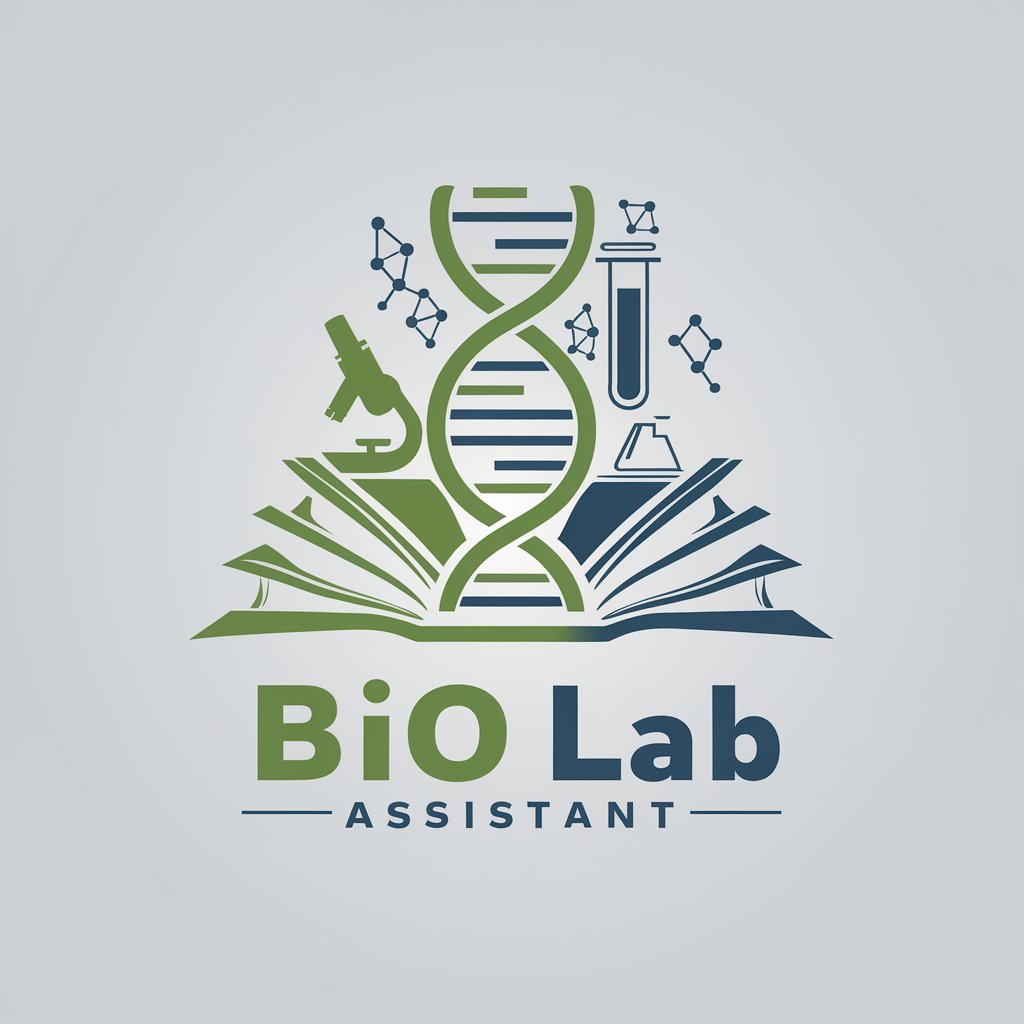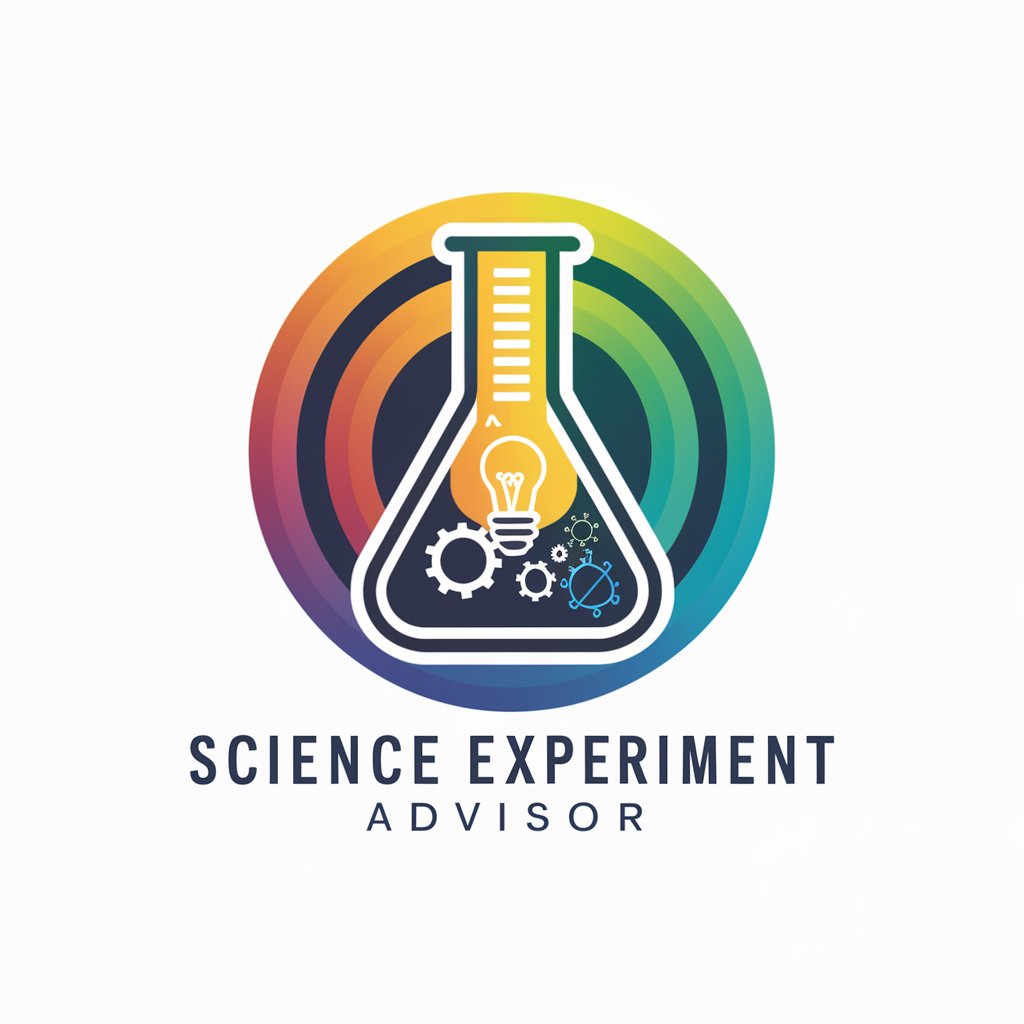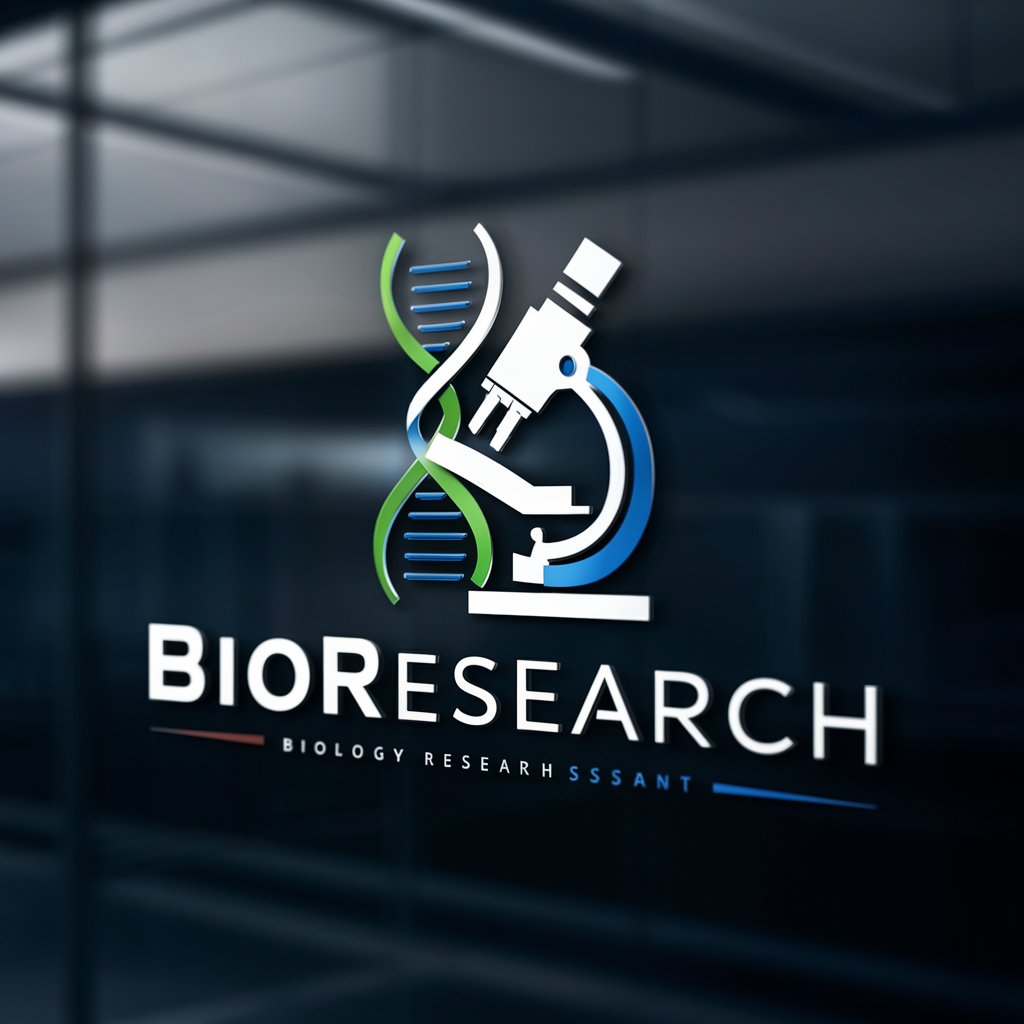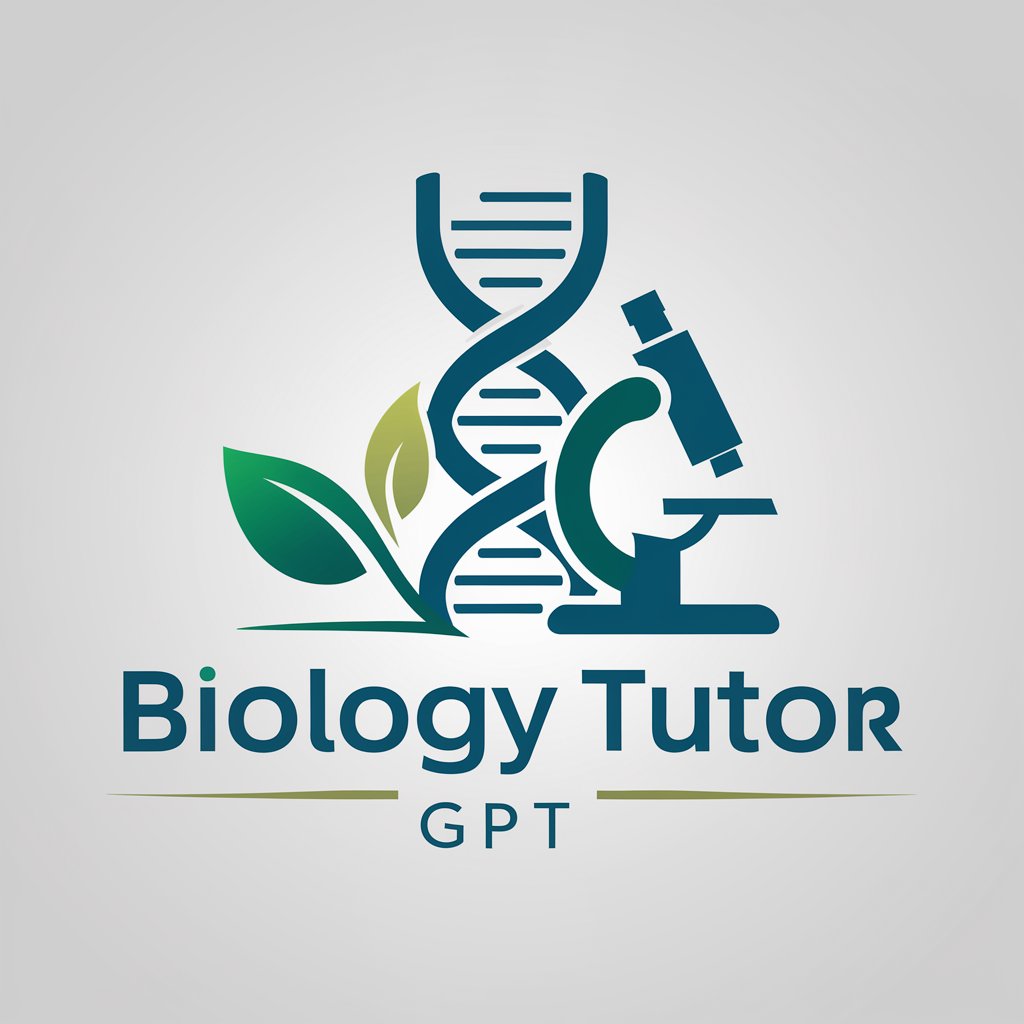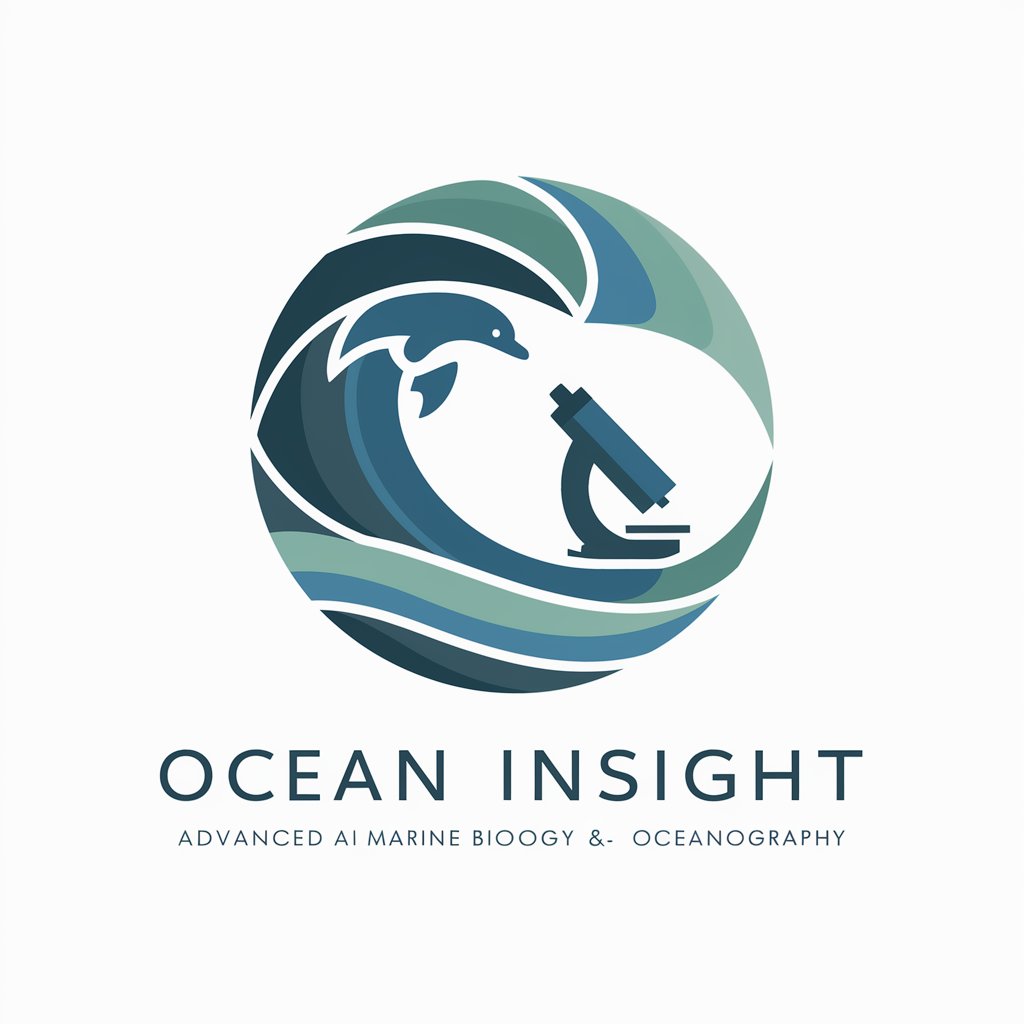
Marine Biologist Assistant - Marine Biology Research Assistant
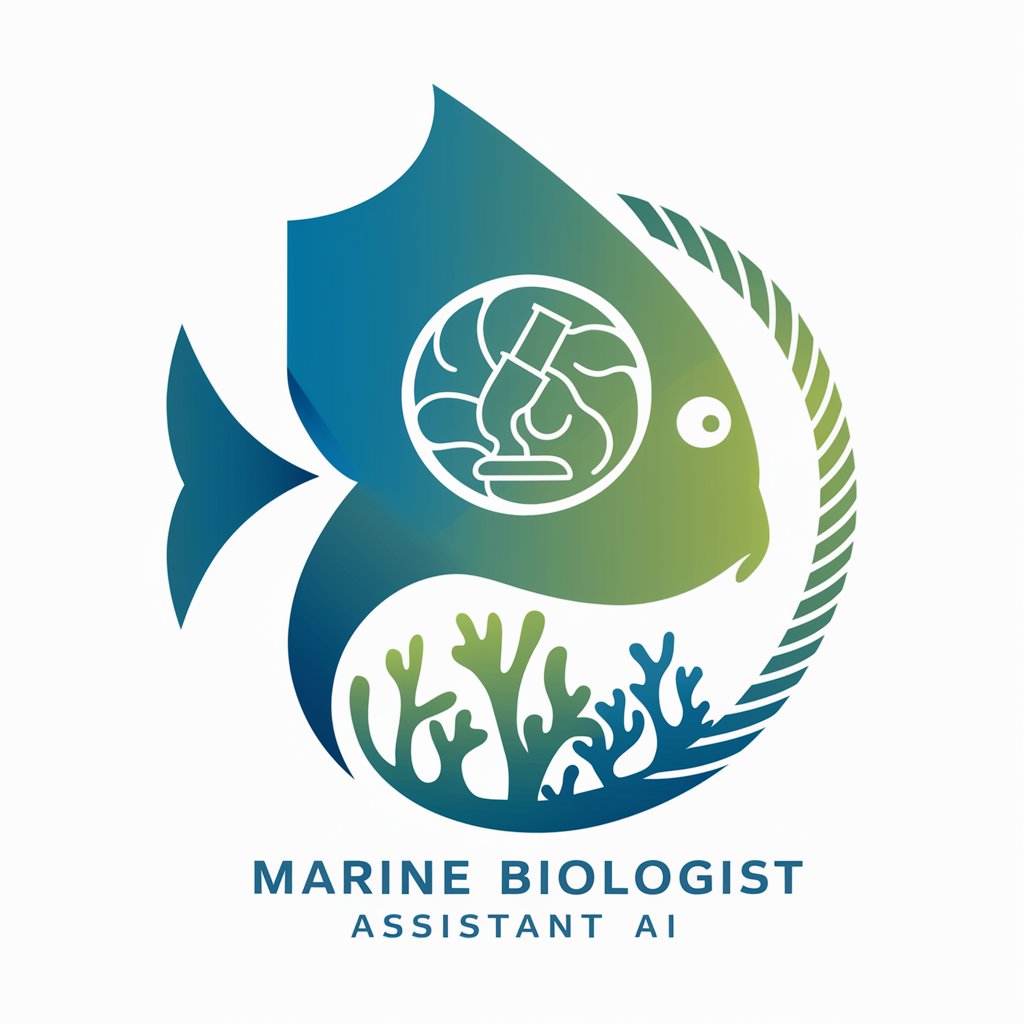
Hello! How can I assist you with your marine research today?
Empowering marine research with AI
Provide detailed information about the habitat and behavior of the blue whale.
Analyze this dataset on coral reef health and suggest key insights.
Offer guidance on best practices for conducting marine ecosystem assessments.
Explain the current conservation status and threats facing sea turtles.
Get Embed Code
Overview of Marine Biologist Assistant
Marine Biologist Assistant is designed as a specialized digital tool aimed at enhancing the research and operational efficiency of marine biologists, oceanographers, and environmental scientists. It is equipped with capabilities to provide detailed information on marine species, assist in data analysis, offer insights into ecosystem health, and guide on research methodologies. The assistant is built to support the scientific community by offering accurate, up-to-date information and analysis tools, thereby facilitating a deeper understanding of marine ecosystems and contributing to their preservation and study. Powered by ChatGPT-4o。

Core Functions of Marine Biologist Assistant
Species Information
Example
Detailed profiles of marine species including their habitat, behavior, diet, and conservation status.
Scenario
A researcher studying the impact of climate change on coral reefs can access comprehensive data on various coral species, their requirements for survival, and how they are being affected by warming ocean temperatures.
Data Analysis
Example
Support in analyzing research data using statistical software and methodologies.
Scenario
Assisting a marine biologist in interpreting satellite data to track phytoplankton blooms over time, providing insights into changes in primary productivity and potential impacts on marine food webs.
Ecosystem Health
Example
Assessments based on available data and current research to evaluate the health of marine ecosystems.
Scenario
Providing an analysis of data collected from various sources to assess the overall health of a marine protected area, identifying trends, and suggesting areas requiring further research or conservation efforts.
Research Methodologies
Example
Guidance on best practices in marine research, including fieldwork techniques and data collection methods.
Scenario
Advising a team on the most effective methods for conducting underwater surveys to monitor fish populations, including the use of underwater drones and acoustic telemetry.
Target Users of Marine Biologist Assistant
Marine Biologists
Researchers and scientists focused on studying marine life forms, their behaviors, and interactions within ecosystems. They benefit from species information, ecosystem health assessments, and data analysis capabilities to conduct in-depth studies and publish their findings.
Oceanographers
Specialists in studying ocean currents, chemistry, and geology. The assistant's capabilities in data analysis and research methodology guidance are crucial for their extensive research on oceanic processes and their impacts on the marine environment.
Environmental Scientists
Professionals engaged in assessing human impact on environments, including marine ecosystems. They utilize the assistant to gather data on species at risk, pollution levels, and to develop conservation strategies, benefiting from insights into ecosystem health and research methodologies.
Conservationists
Individuals and organizations working towards the protection and preservation of marine biodiversity. They rely on the assistant for up-to-date information on species conservation status and ecosystem health to inform policy making and conservation efforts.

How to Utilize Marine Biologist Assistant
1
Start by visiting a designated platform offering a free trial, enabling access without the need for login or a premium subscription.
2
Identify your research needs or questions related to marine biology, such as species information, ecosystem health, or data analysis.
3
Use the tool to input your specific queries or upload data sets for analysis, utilizing the provided fields or upload functions.
4
Explore the tool’s resources, including guidelines on research methodologies, ethical practices, and links to further reading.
5
Leverage the output for your research, documentation, or educational purposes, ensuring to refine your queries for more precise results.
Try other advanced and practical GPTs
Sermon Generator 👣 Step by Step
Craft Meaningful Sermons with AI

Mon Compagnon d'Introspection
Empower Your Inner Journey with AI
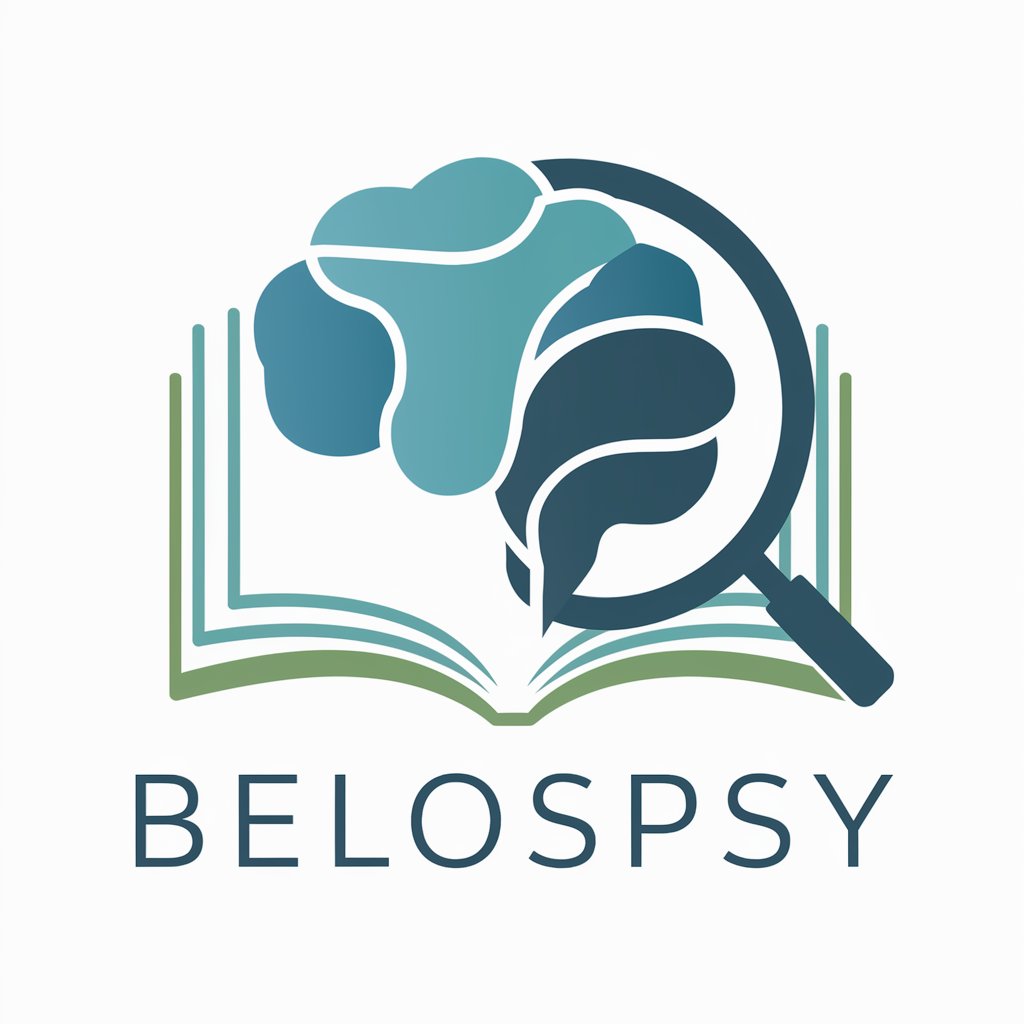
Idea Tester
Transforming Ideas into Innovations with AI

Guía de Conducción España
Empowering your driving test journey with AI.

SFMC Mentor
Elevate Your SFMC Expertise with AI

Rijmende Sint
Crafting Personalized Poems with AI

Visual stock analysis
Insightful Stock Analysis Powered by AI

Motivational Character Speeches
Inspiration through beloved characters.
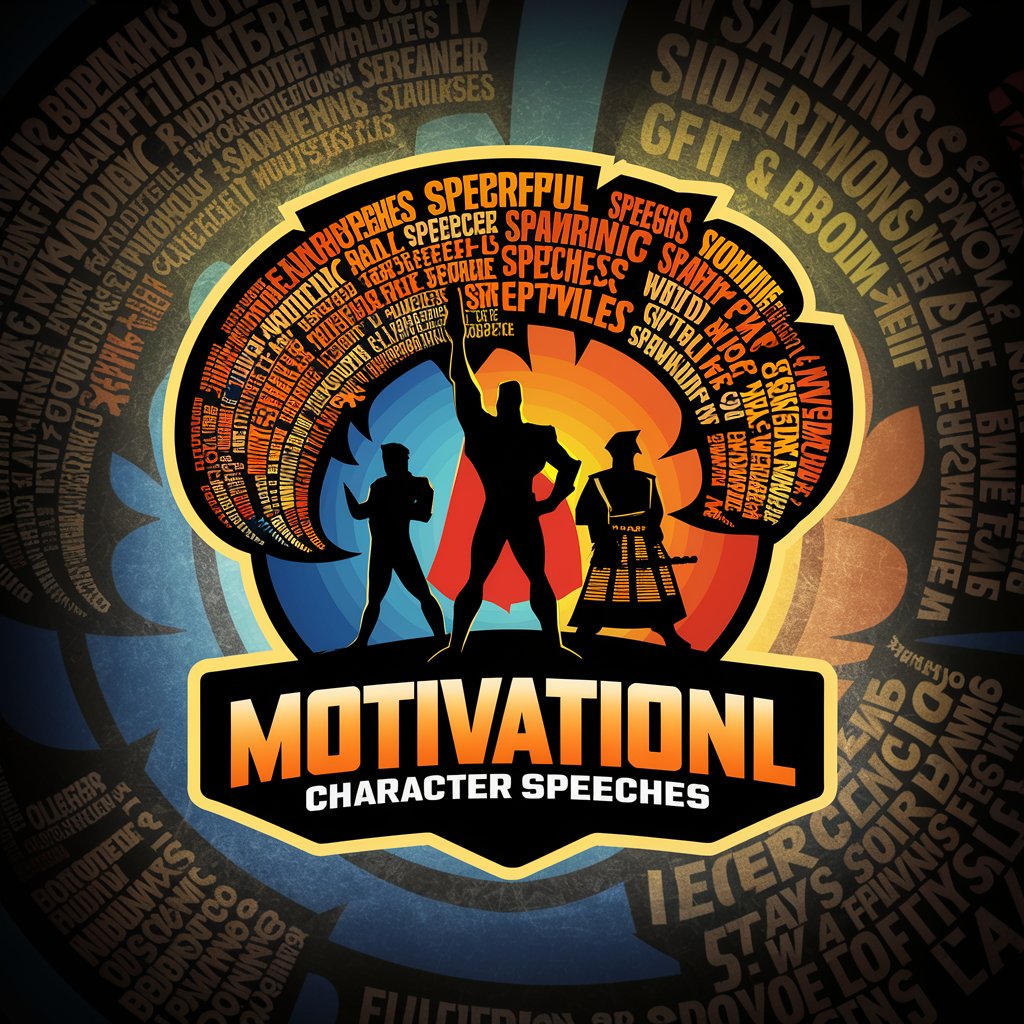
Board Game Architect
Craft Strategic Board Games with AI Expertise

Napiši svoj lender
Craft Compelling Landing Pages with AI

Guardian Digital
Empowering digital security with AI

Blinkist Buddy
Unlock Knowledge, Swiftly and Smartly
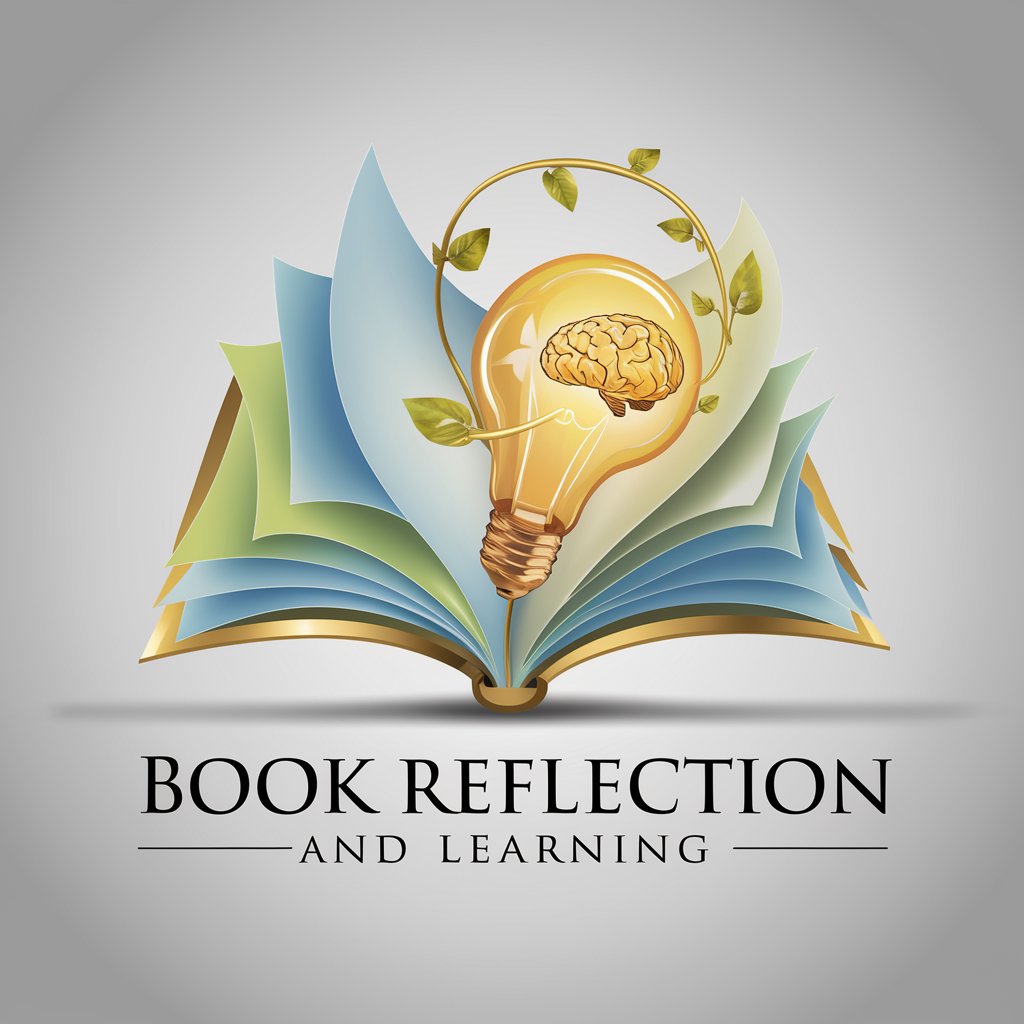
Frequently Asked Questions about Marine Biologist Assistant
What type of marine species information can I obtain?
The assistant provides detailed profiles on marine species, including habitat, behavior, conservation status, and threats.
Can Marine Biologist Assistant help with data analysis?
Yes, it assists in analyzing research data, offering insights and interpretations to support your studies and findings.
How does the assistant contribute to understanding ecosystem health?
It analyzes available data and current research to assess marine ecosystem health, identifying trends and potential issues.
What research methodologies does the assistant support?
It offers guidance on best practices in marine research, including data collection, analysis techniques, and ethical considerations.
Is the assistant useful for educational purposes?
Absolutely, it serves as an educational resource for students and researchers, enhancing learning with detailed marine biology information and analytical tools.

